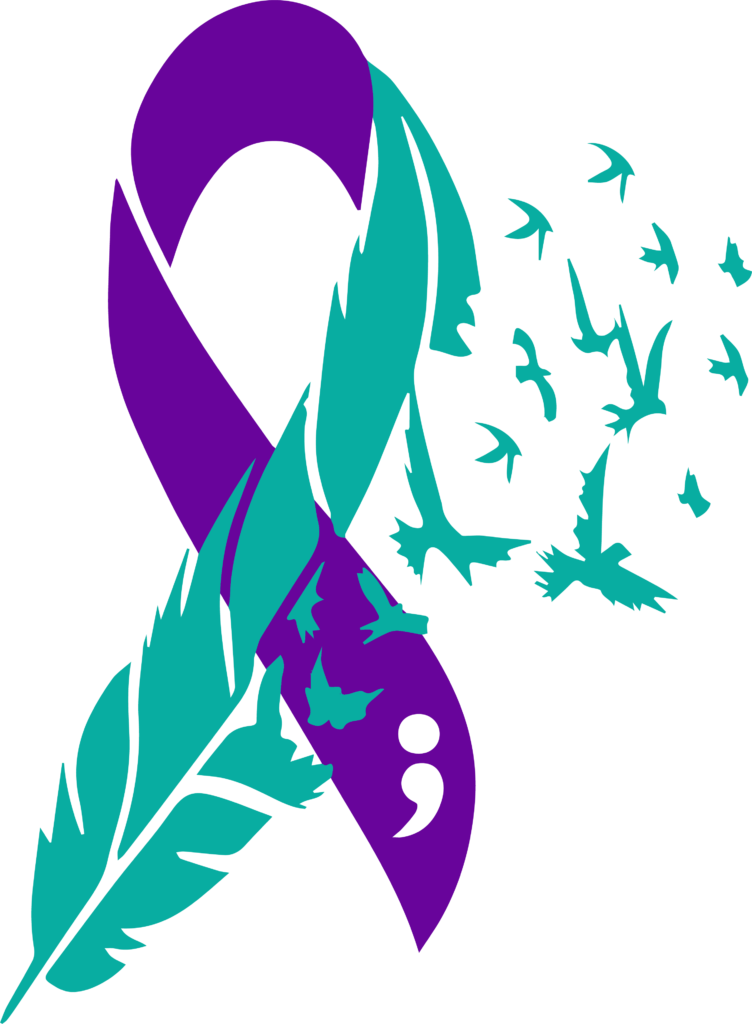

An on-line gathering for those who have experienced a death due to suicide. Parents, siblings, friends… the grief process for this depth of loss is very unique and profound. In each session you will find compassion, understanding and resources to help you move through your grief. There will be opportunities to tell your own stories, or just to listen as others share so that together we can encourage one another. The group will be co-led by Sally Ensley, a former grief counselor, and Julianne Miller, a parent whose child died by suicide. They have partnered with Michael Hastilow, M.S., who will join the group on-line as a Mental Health Advisor.
Survivors of suicide loss support group
Groups will be held online TWICE a Month:
the first Monday night of the month, 7-8pm
the third Sunday night of the month from, 7-8pm
7197 Nashville Street, Ringgold, GA
Questions or wish to attend online?
Please contact Lead Facilitator, Sally Ensley at 423-605-6061 or email sallyensley@gmail.com
If you would like to join the group via a smart phone or computer, contact Sally by 5pm the day of the meeting to obtain the virtual code to join the on-line meeting.
LIFT Youth Center is honored to host this group in cooperation with:
The Catoosa County Family Collaborative
The Catoosa County Coroner’s Office
Ringgold United Methodist Church
Meet the facilitators
Sally Ensley was born and raised in the Ringgold area and has recently returned. She has served on church staff for over 35 years as well as owned and operated Signal Counseling Center for many years. Sally holds two Masters degrees, including a Master of Art in Professional Counseling. Currently, she is working part-time at Ringgold United Methodist Church as Minister of Care and Community as well as continuing a small private practice. When not working outside the home, Sally spends her time raising and loving on her two grandchildren.
Julianne Miller lives in Ringgold. Her children attended Ringgold schools. She understands the death of a loved one by suicide presents unexpected and special issues in grieving. She has acquired new knowledge and perspective since her child’s loss. She has joined suicide prevention groups and done some outreach events and wants to help her local community and schools know there is help for those struggling. She wants others to know this will be a safe place for survivors to just be with others who have experienced a loss by suicide. She has found there has been healing in listening. This group will be a way for survivors to learn healthy coping skills and provide opportunities for survivors to support each other and learn healing skills from each other’s struggles and victories. She wants to help others with the suicide bereavement process and let you know you are not alone in your path. There is help and support available.
Michael Hastilow M.S. is a 2021 graduate of Southern Adventist University’s Clinical Mental Health Counseling program. He served as an intern with Bernard & Associates to gain a deeper understanding of crisis counseling and crisis response. He has a passion for helping others and is driven to learn what it takes to work in high-stress environments. While this is his first formal foray into the world of crisis management, he has experience in working with those in critical need and those who have experienced traumatic events.
Group Guidelines
1. Confidentiality:
Whatever is shared within the group should remain confidential. Share with others outside the group only what you have learned about yourself, respecting other’s right to privacy. Be an active listener and be careful not to interrupt when someone else is speaking.
2. Respect:
It is important to respect your own grief as well as others. Every relationship and loss is different and therefore people will respond differently. Please consequently respect and accept both what you have in common with others and what is unique to each of you. There is no one or simple path to follow. It is important to respect everyone’s right to grieve in their own way.
3. Advice:
We are here to share personal feelings and current concerns but are not here to fix each other’s problems. Avoid “advice giving” unless it is specifically requested by a group member. If advice is not solicited, don’t give it. If a group member poses a question, share ideas that helped you if you experienced a similar situation. Remember that this group is for support, not therapy.
4. Sharing:
You may choose to share or remain silent. No one will be put on the spot or forced to talk, but everyone who feels comfortable sharing will be given that chance. Make every effort not to interrupt when someone is speaking. At times, the facilitator may interrupt so that everyone has an equal opportunity to share.
5. Feelings:
Feelings are neither right nor wrong; they just are. Enter into the thoughts and feelings of other group members without trying to change them. Remember to put your feelings into words, rather than projecting them onto group members. Tears are a normal expression of grief. Groups also enjoy times of joy and laughter.


